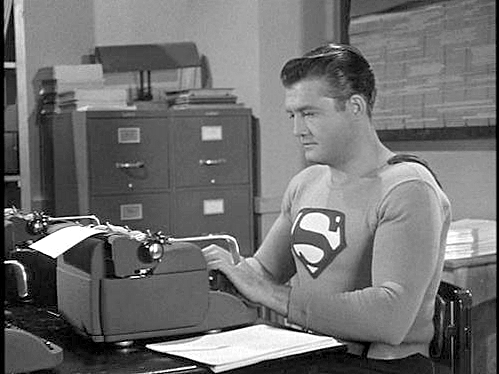Have you ever finished reading a great piece of fiction…one that left you breathless, excited, yearning for more? Maybe you’ve even dreamt about writing your own work of fiction that does just that. If you are just beginning your journey into the writing world, maybe you have no idea how or where to begin. Well, you have found the perfect place to start! Consider these compiled tips on writing from successful fiction writers; because writers make the best teachers.
Stephen King: “An opening line should invite the reader to begin the story. It should say: Listen. Come in here. You want to know about this.”
The opening line of any work is probably the most important. As a writer, this is the first impression you give readers, so make sure it’s a good one! The first line should hook a reader into your work, making them want to continue on to see how the rest of the story unfolds. If your first line is a dud, you risk readers putting your work down without ever reading past that first line. Take, for example, an opening line written by Chris Wieloch:
“She strutted into my office wearing a dress that clung to her like Saran Wrap to a sloppily butchered pork knuckle, bone and sinew jutting and lurching asymmetrically beneath its folds, the tightness exaggerating the granularity of the suet and causing what little palatable meat there was to sweat, its transparency the thief of imagination.”
Can you hear that? I think that’s Stephen King weeping after reading that abominable opening.
This is exactly the type of first line that you don’t want to start your fiction with. Chris Wieloch wrote this terrible opening for the Bulwer-Lytton Fiction Contest, a contest where participants write god-awful first lines on purpose. But as you can probably already tell, opening lines are so important when it comes to writing fiction.
John Steinbeck: “Write freely and as rapidly as possible and throw the whole thing on paper. Never correct or rewrite until the whole thing is down. Rewrite in process is usually found to be an excuse for not going on. It also interferes with flow and rhythm which can only come from a kind of unconscious association with the material.”
When first drafting a story, it’s important to turn off your inner-critic—that annoying little voice in your head telling you that there are issues with your writing. When you first sit down to write, make sure that the pesky critic is off duty, and allow yourself to write completely free. The main goal here is to get that first draft out of your brain and onto the paper, and the critic will just get in the way at this point. You can welcome the critic back during revisions!
Ernest Hemingway: “The first draft of anything is shit.”
This is something that every writer needs to hear. It’s better to learn to accept it now, even before you’ve written a first draft. Knowing that the first draft won’t be any good can also take the pressure off of those perfectionist writers out there. Your first draft won’t be that good, and that’s okay. That’s normal.
Jodi Picoult: “Write even when you don’t feel like writing. There is no muse. It’s hard work. You can always edit a bad page, but you can’t edit a blank page.”
To be a writer, you have to write. It’s as simple as that. If you are afraid that what you write won’t be good enough, then I sure hope you read Mr. Hemingway’s tip up above. It doesn’t matter if what you write is complete garbage. Thankfully there is this thing called revision and editing, and it can turn that foul smelling trash into something beautifully written. You just have to start by putting something on the page.
Anton Chekhov: “Don’t tell me the moon is shining; show me the glint of light on broken glass.”
I’m sure this has been drilled into the head of every writer: show, don’t tell. But it’s easier said than done. When writing, it’s important to remember those sensory details: hearing, sight, taste, touch, and scent. This is how we make sense of the world around us, so it’s so important to add these details into the fictional world you’re creating. You want to ground your readers in your writing, to make them believe that they are also a part your story; there isn’t any better way than by drawing readers in with the senses. Your work becomes more concrete when using these specific details, and it could breathe life into your writing.
Sarah Waters: “Read like mad. But try to do it analytically – which can be hard, because the better and more compelling a novel is, the less conscious you will be of its devices. It’s worth trying to figure those devices out, however: they might come in useful in your own work.”
Read widely, and read often, because learning to read as a writer is one of the most beneficial things an aspiring writer could do. When you read as a writer, you keep your eyes open to what the writer is doing, and how they are accomplishing it. Once you figure this out, you can begin to emulate it in your own writing.
Joyce Carol Oats: “Write your heart out.”
And never quit!
Meet the blogger:
 CAITLIN O’BRIEN is a recent creative writing major graduate of Hamline University. Dabbling in all genres of writing, fiction will always remain her favorite. She is passionate about literature, writing, and drinking too many vanilla lattes.
CAITLIN O’BRIEN is a recent creative writing major graduate of Hamline University. Dabbling in all genres of writing, fiction will always remain her favorite. She is passionate about literature, writing, and drinking too many vanilla lattes.


